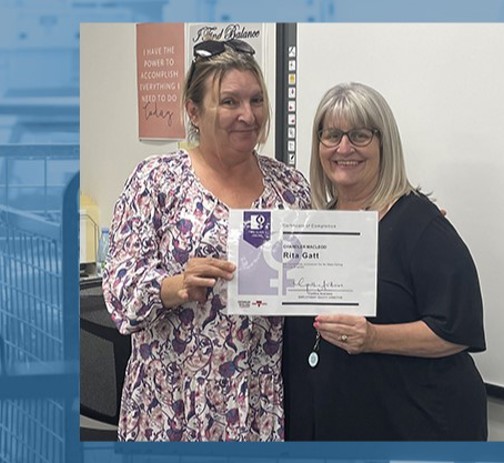News & insights
News & insights

Sustainability Progress Report
Insight

Stories
Women take back control over their lives
Balancing equal opportunities

Opportunities for Life. Faster, simpler and closer to you.

RGF Staffing is constantly seeking to bring ‘Opportunities for Life’, by connecting individuals and businesses, and offering both a multitude of choices.